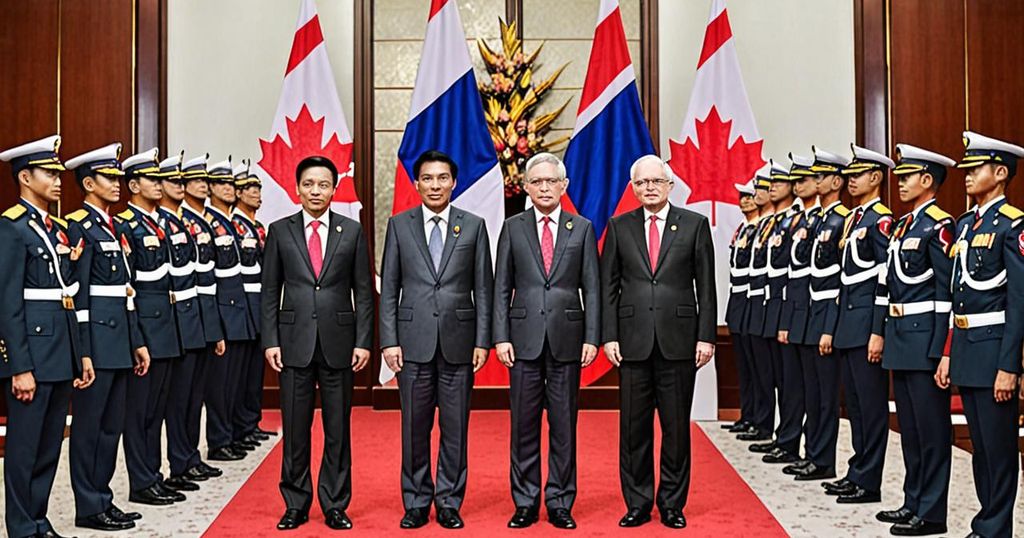Thailand’s political landscape has garnered significant international attention due to its intricate and dynamic nature. Recent events such as the ongoing controversy involving the Move Forward Party, the demise of an activist, and the legal proceedings against former Prime Minister Thaksin Shinawatra serve as poignant reminders of the deep-seated tensions within the country. These occurrences have called into question the concept of “grand reconciliation” between military-aligned factions and others, underscoring the fact that the pursuit of democracy and human rights in Thailand remains an ongoing struggle.
The roots of Thailand’s current political challenges can be traced back to events that transpired more than three decades ago. From the widespread protests against military governance in 1992 to the election of Thaksin Shinawatra in 2001, the nation has witnessed periods of democratic rule interspersed with issues related to governance, authority, and corruption. Despite these hurdles, the political landscape has undergone substantial transformations, with the younger generation and pro-democracy movements playing a pivotal role in shaping the country’s trajectory.
Given Canada’s steadfast commitment to championing human rights and democracy, its stance on the evolving situation in Thailand holds significant importance. As Canada seeks to deepen its involvement with the country, it is imperative for it to extend its support to the democratic aspirations of the Thai populace, while also upholding its international obligations to safeguard civil and political rights.
It is essential for Canada to adopt a long-term perspective on its relationship with Thailand, recognizing that the country is in the midst of a profound political metamorphosis. By prioritizing people-to-people connections, endorsing civil society endeavors, and promoting enduring collaborations, Canada can establish the groundwork for a future partnership that transcends conventional diplomatic interactions.
In the broader context of Canada-Thailand relations, there exists a need for Canada to broaden its interaction with Thai civil society, including initiatives that bolster the development of future leaders and advocates for democratic governance and human rights.
As Thailand continues to navigate its political terrain, Canada has the opportunity to support its journey towards a more inclusive and democratic future. By aligning its foreign policy with these principles, Canada can assume a significant role in shaping the future of the Canada-Thailand relationship.

Leave a Reply